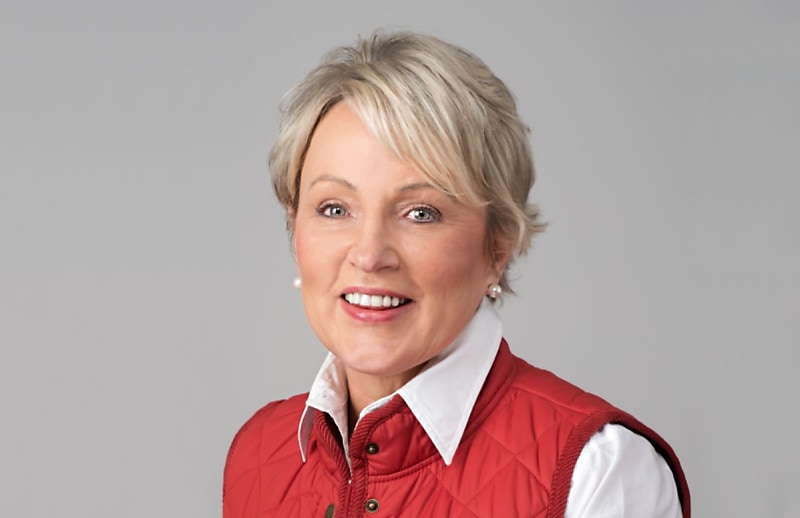Cash decline means all change for payment options
BusinessSMEs should reassess the payment methods they offer as customers move away from physical currencies, NAB says.

The declining use of cash means small businesses should reassess the payment options they offer customers, says NAB business banking metro executive Julie Rynski.
She said SMEs needed to make decisions in light of a recent RBA survey that showed cash payments had halved in the three years to 2022, from 32 per cent to 16 per cent of all in-person transactions.
It also revealed the number of all payments including online transactions using cash declined to just 13 per cent in 2022.
However, around one-quarter of the participants in the survey said they would suffer “major inconvenience” or “genuine hardship” if cash was hard to access or use.
Ms Rynski said that businesses were already considering how to better accept digital payments as consumers changed their habits to use everything from online transactions to mobile wallets.
“However, the increasing number of payment channels means there is no one-size-fits-all solution for SMEs adapting to this new environment,” she said.
“Understanding the needs of both customers and third parties involved in transactions is paramount to determining the right payment solutions as every business has different requirements.”
For example, a business that made sales through third-party platforms might need a payment infrastructure that is compatible with multiple systems.
By contrast, a business that took over-the-counter payments for small ticket items was most likely to require easy access to branches or a local post office with banking facilities, as well as a simple merchant terminal.
Companies with a high turnover – such as fast-food operators – might benefit from having a mix of merchant terminals, a payments app and cash collection, she said.
Cost was another important factor when a business decided on payment systems, she said, particularly with high inflation and interest rates.
“This applies to payments solutions as much as any aspect of operating a business, so it’s important to understand the bottom line,” said Ms Rynski.
“The pricing offered by banks can vary widely in this hotly competitive market, so it’s important to consider all options.”
Another important consideration was cash flow.
“If a customer pays online, how quickly does that money hit the business account? Or if another pays via a merchant’s terminal, is the cash settlement complete within the same 24 hours, or do you need to wait until the following day to access it?” she said.
“Most banks tend to provide same-day settlement to a business which holds both its merchant’s terminal and business account with them. But for those who hold a terminal with one bank and an account with another, settlement is usually on a next-day basis.”
As cash usage declined, Ms Rynski said it was becoming increasingly critical for businesses to have a backup option in case an internet outage or technical issue took down a merchant terminal.
For an SME business, this plan B could be as simple as a contactless solution that allows users to operate a phone as a payment terminal, she said.
“Businesses can also employ this as a backup option using a secondary telco provider. There are other solutions available like the electronic fallback capability that enables merchants to continue trading up to a predetermined amount in the event of an outage.”



